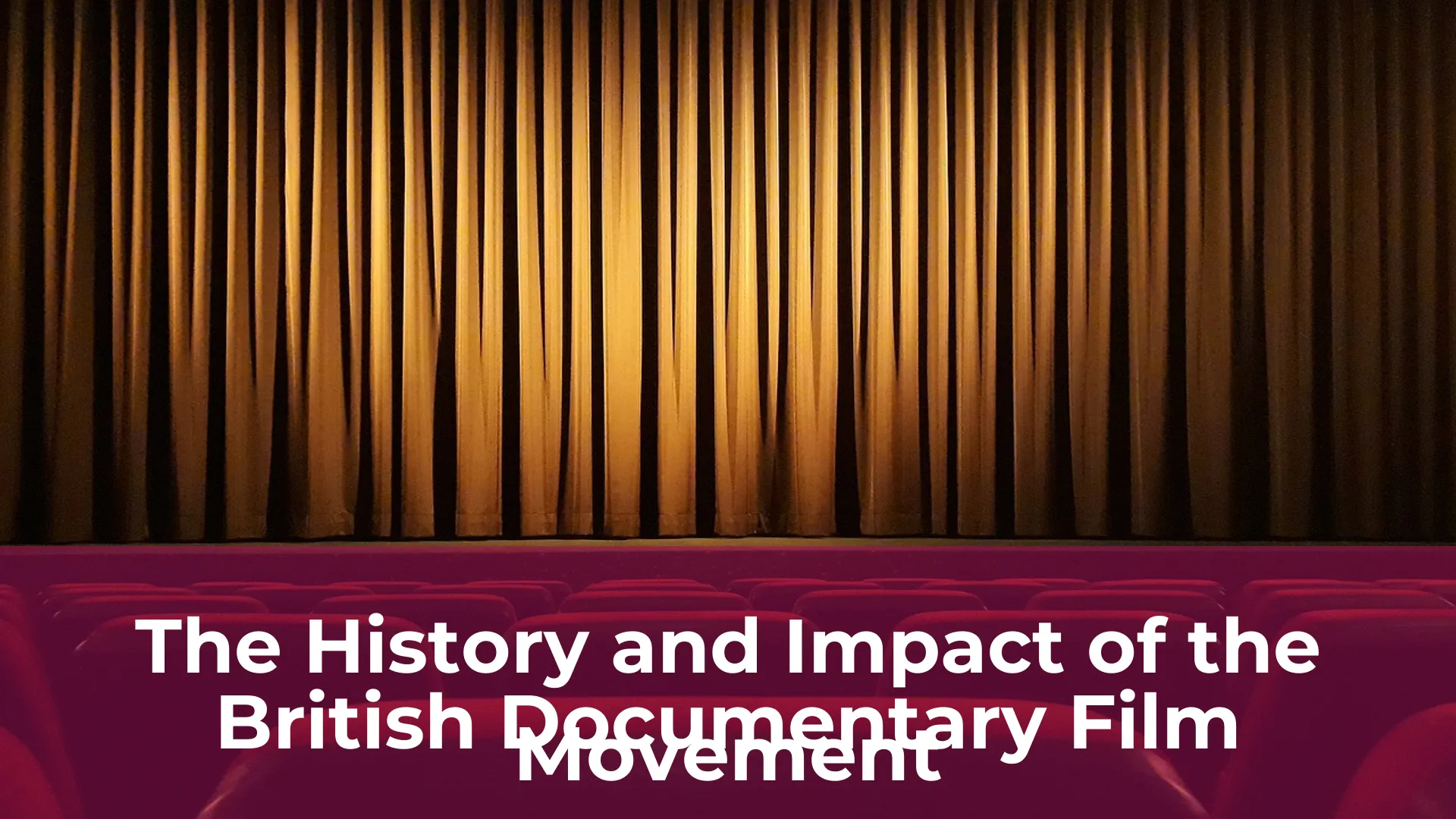The British Documentary Film Movement, which emerged in the 1930s, was a significant development in the history of cinema. Its objective was to capture and record the social reality of Britain, particularly the working-class experience, and to bring awareness to the socio-economic issues that plagued the country. The movement was led by influential filmmakers such as John Grierson, Paul Rotha, and Basil Wright, who viewed film as a powerful tool for social change and enlightenment. Through their films, they aimed to educate and inspire audiences to empathize with the plight of the working class and to encourage political and social reform.
The impact of the British Documentary Film Movement extended beyond the realm of cinema. It influenced and contributed to the development of other art forms such as photography, journalism, and literature. The movement’s approach to storytelling and its use of non-fiction techniques such as interviews, observational footage, and reenactments were revolutionary at the time and continue to be influential today. The legacy of the British Documentary Film Movement can be seen in contemporary documentary filmmaking, where filmmakers continue to use the medium to explore and shed light on the world’s social and political issues.
The Origins of the British Documentary Film Movement
The British documentary film movement emerged in the 1920s as a response to the growing need to tell the country’s stories and to give voice to the marginalized sections of society. John Grierson, a Scottish film-maker, coined the term “documentary” and defined it as “the creative treatment of actuality”. He believed that films had the power to educate people and to bring about social change. Grierson’s vision was to create films that would be accessible to the general public and would serve as a means of social education. This vision led to the creation of the Empire Marketing Board Film Unit in 1926, which produced short films promoting British industry and economy.
The British documentary film movement gained momentum in the 1930s with the establishment of the General Post Office (GPO) Film Unit in 1933. The GPO Film Unit produced short films, which were shown in cinemas across the country, as well as more ambitious documentary features. These films covered a range of topics, from the lives of ordinary people to the work of the Post Office itself. One of the most famous films produced by the GPO Film Unit was Night Mail (1936), a documentary about the journey of the postal train from London to Scotland. The British documentary film movement had a significant impact on the development of cinema as an art form, and its legacy can still be seen today in the works of contemporary documentarians.

